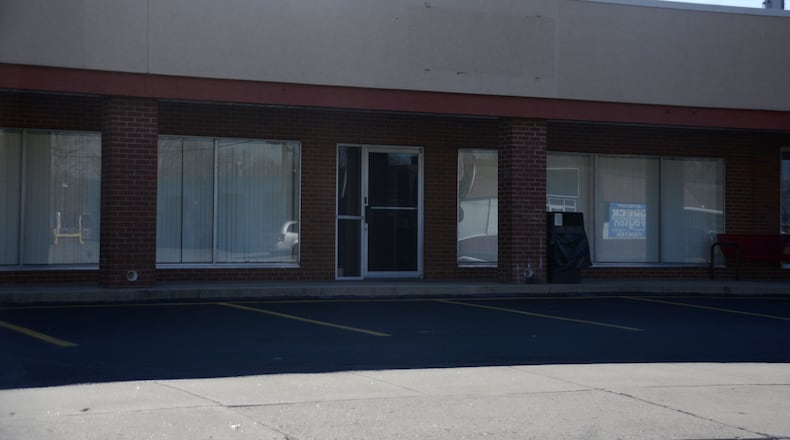The program requires the city to sponsor the project in order to seek the grant.
Chris Phillis, an attorney representing the Hicks family, said they are “committed to doing what is right here.”
Fairfield Cleaners was a tenant at 1099 Magie Ave. for more than 50 years, closing the location in 2019.
“At that point in time, Hicks Manor was approached by a potential purchaser about these chemicals being in existence and they immediately acted upon that,” said Phillips.
Remediation is needed as dry cleaners use chemicals such as tetrachloroethylene, known as PCE, to clean textiles. Soil analysis determined that the dry cleaning operations resulted in levels of PCE and other related chemicals in the ground beneath the site.
“The presence of these chemicals limits the ability to reoccupy the building and/or redevelop the property,” Fairfield Economic Development Manager Nathaniel Kaelin said.
The Hicks family retained a company to work on the remediation, and then it was brought to their attention about the Brownfield Remediation Grant Program. The Hicks family hired Patriot Engineering for this project.
The remediation is expected to cost $1.4 million, Kaelin said, and the state would pay 75% with the Hicks family picking up the remainder 25%. The Ohio Department of Development has indicated if not all the funds set aside for each county are obligated by the end of June, additional funds could be made available on a first-come, first-served basis.
The city would incur minor administrative costs, Kaelin said, but the remediation project “will benefit long-term through the productive reuse of the property, resulting in future property and income tax revenues.”
Phillips said the remediation process is expected to last two years and will start as soon as grant funding is secured. He said the engineering firm will work closely with the state throughout the remediation process.
About the Author

